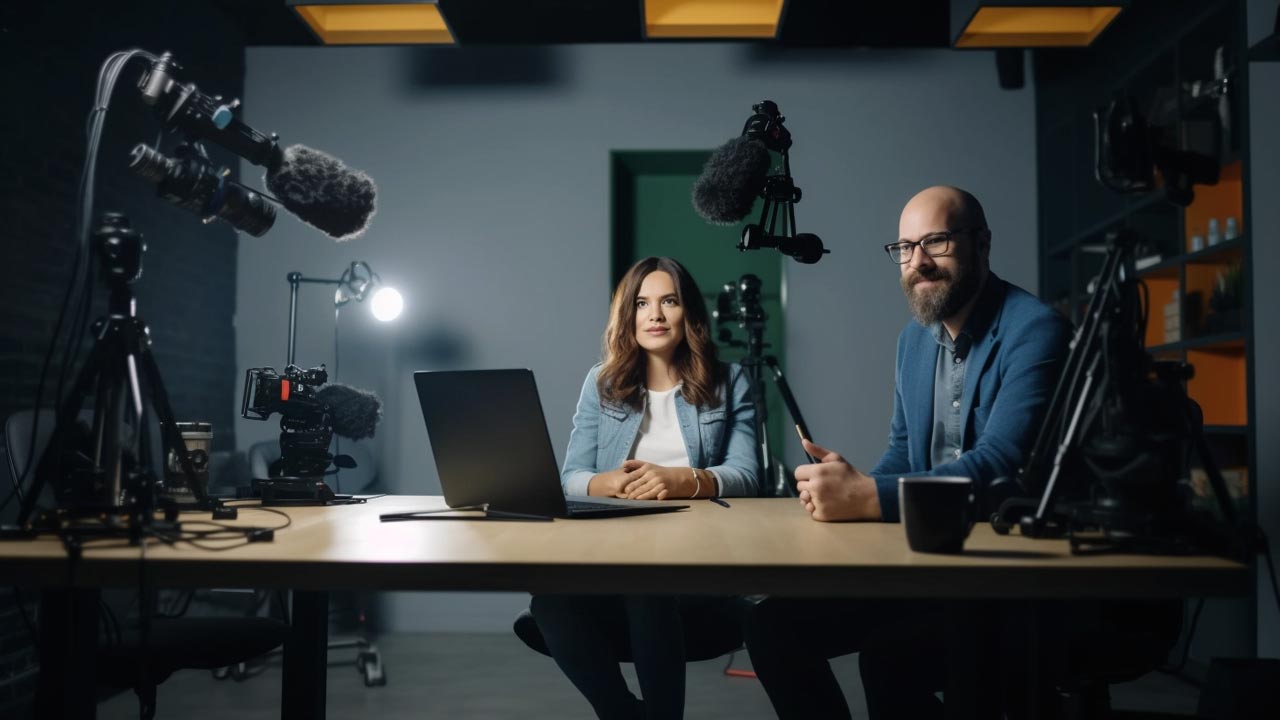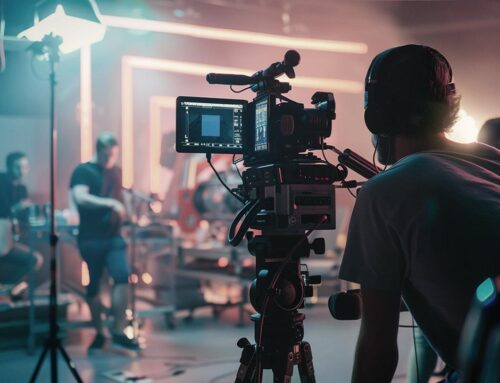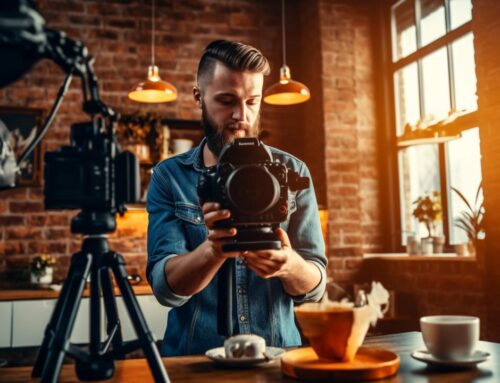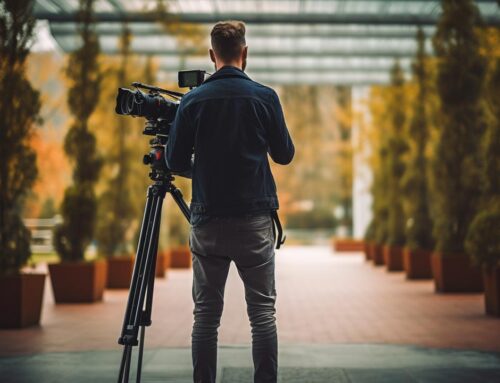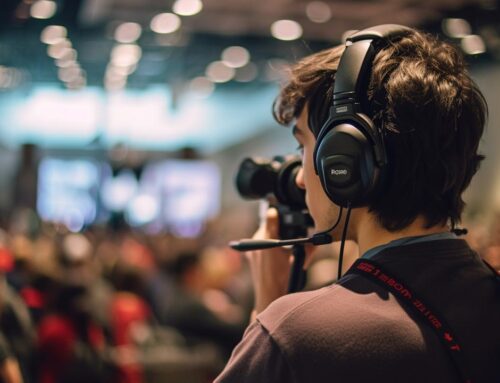Today, AI (Artificial Intelligence) and Machine Learning (ML) are revolutionizing multiple sectors, including marketing. Among the various marketing strategies, video marketing is gaining significant traction due to its high engagement rates and ability to deliver complex messages in a digestible format. However, like any marketing strategy, video marketing’s effectiveness depends on its ability to resonate with the target audience. This is where the personalization aspect comes into play, and AI and ML technologies are proving to be game-changers in this respect.
This article will delve into the intricate world of AI and ML and their increasing role in personalizing video marketing. Readers will understand how these technologies work, the specific areas of video marketing they are impacting, and the future implications for businesses and marketers.
We’ll start by exploring the fundamental concepts of AI and ML, and why they are crucial to video marketing. Following this, we will examine how these technologies are helping to personalize video content for diverse audiences. Subsequent sections will focus on real-world case studies, demonstrating the potential of AI and ML in improving video marketing outcomes. Finally, we will discuss the future prospects of AI and ML in video marketing and provide a detailed takeaway to encapsulate the importance of these technologies in the industry.
Table of Contents
- Understanding AI and Machine Learning
- Why Personalize Video Marketing?
- The Role of AI and ML in Personalizing Video Marketing
- Real-world Applications and Case Studies
- Future Prospects of AI and ML in Video Marketing
- Final Thoughts
- Sources
Understanding AI and Machine Learning
Artificial Intelligence (AI) refers to computer systems that can perform tasks that usually require human intelligence. These tasks can include learning from experiences, understanding natural languages, recognizing patterns, and making decisions. Machine Learning (ML), a subset of AI, involves computer algorithms that improve automatically through experience and the use of data.
AI and ML play a pivotal role in understanding consumer behavior and making predictions. They analyze vast amounts of data, detect patterns, and make predictions, enabling companies to provide personalized experiences to their users.
Why Personalize Video Marketing?
Personalization in marketing refers to the strategy of leveraging data and AI technologies to deliver individualized messages and product offerings to current or prospective customers. Personalization increases the relevance of the content for the viewer, leading to higher engagement levels and better marketing outcomes.
Video marketing, given its dynamic and engaging nature, is a powerful tool in a marketer’s arsenal. Personalized video marketing takes this a step further by tailoring the video content to individual users’ preferences, behaviors, and needs. This can significantly enhance the user experience, leading to higher engagement and conversion rates.
The Role of AI and ML in Personalizing Video Marketing
AI and ML are transforming video marketing in multiple ways:
- Content Creation: AI can generate video content that is personalized to individual user preferences. For instance, it can alter the narrative, images, music, and even voiceovers in a video to better resonate with a specific user.
- Recommendation Systems: ML algorithms can analyze user behavior and preferences to recommend personalized video content. These systems improve over time as they continue to learn from user interactions.
- Video Optimization: AI can optimize videos for different platforms and devices, ensuring a seamless viewing experience for users.
- Predictive Analysis: ML algorithms can analyze user behavior and make predictions about future behaviors or preferences. This allows businesses to proactively tailor their video content to meet anticipated needs.
Real-world Applications and Case Studies
Several companies are leveraging AI and ML to enhance their video marketing strategies. For instance, Netflix uses ML algorithms to recommend personalized content to its users. Similarly, YouTube uses AI to optimize video playback quality for different devices and internet speeds.
Future Prospects of AI and ML in Video Marketing
The future of video marketing lies in hyper-personalization, and AI and ML will play a crucial role in achieving this. With advancements in these technologies, businesses will be able to create highly personalized video content at scale, leading to improved user experiences and marketing outcomes.
Final Thoughts
The importance of AI and Machine Learning in the context of personalizing video marketing cannot be overstated. These technologies have the potential to transform the way businesses create, distribute, and optimize video content, leading to more effective marketing strategies and improved return on investment. The most crucial takeaway from this article is the need for marketers and businesses to embrace AI and ML technologies to stay ahead in the highly competitive digital marketing landscape.
By integrating AI and ML into their video marketing strategies, organizations can deliver highly personalized content that resonates with their target audience, improving engagement and conversion rates. Furthermore, the predictive capabilities of these technologies can help marketers anticipate future trends and consumer behaviors, allowing for proactive strategy development.
Sources
- Stanford University, “Artificial Intelligence and Machine Learning”
- Harvard Business Review, “Why Marketers Should Personalize Messages”

